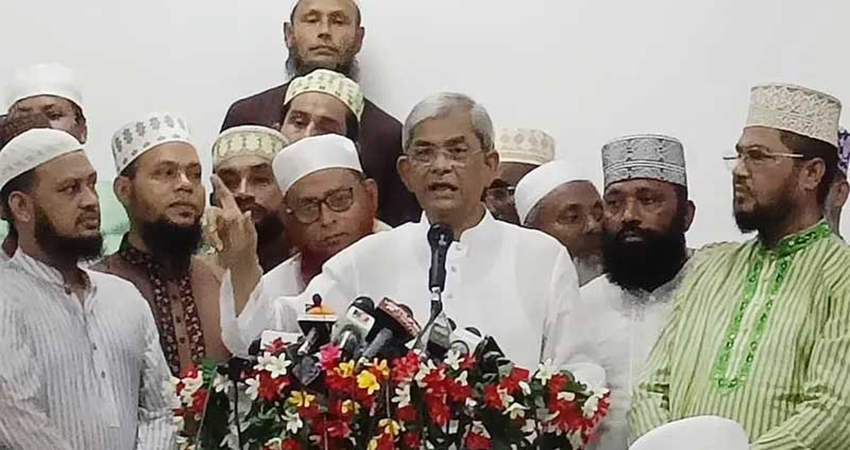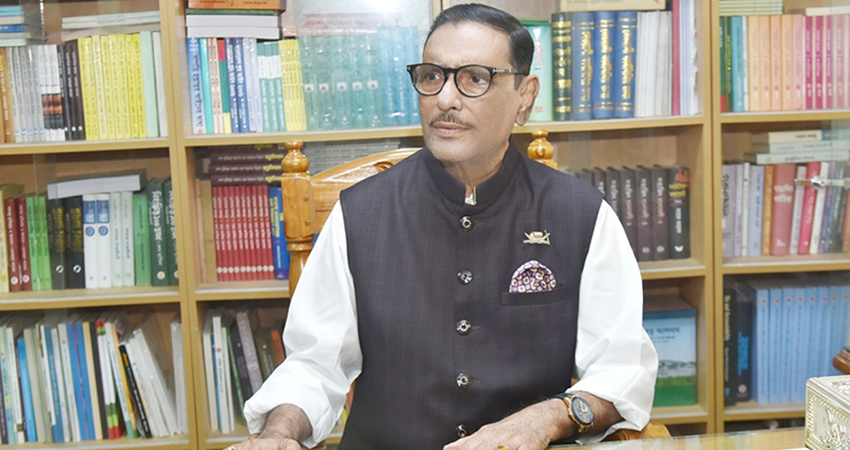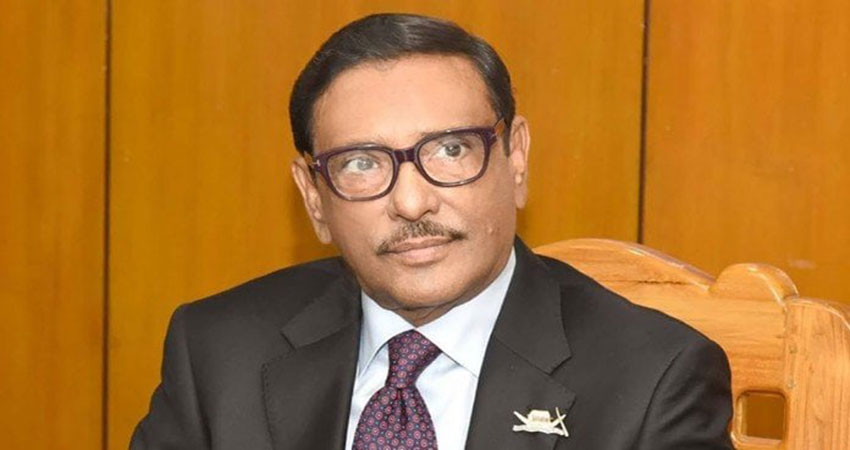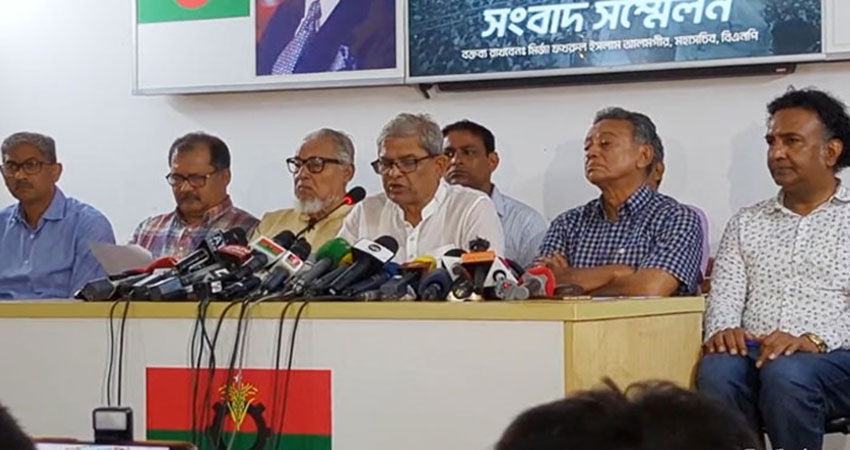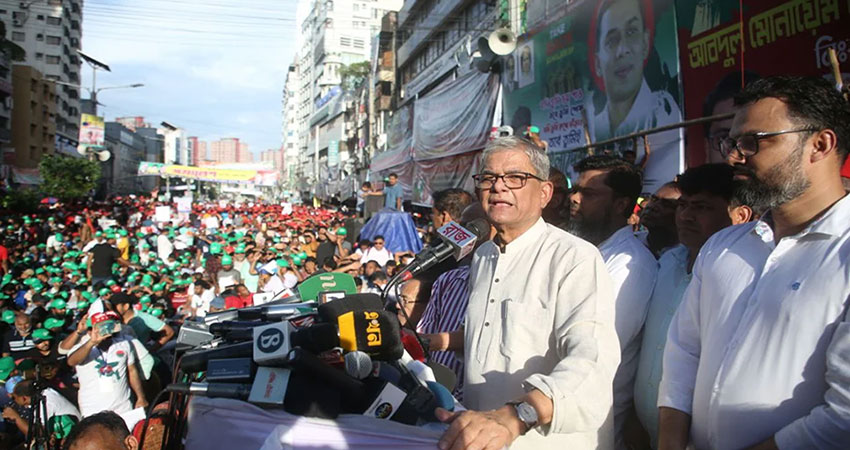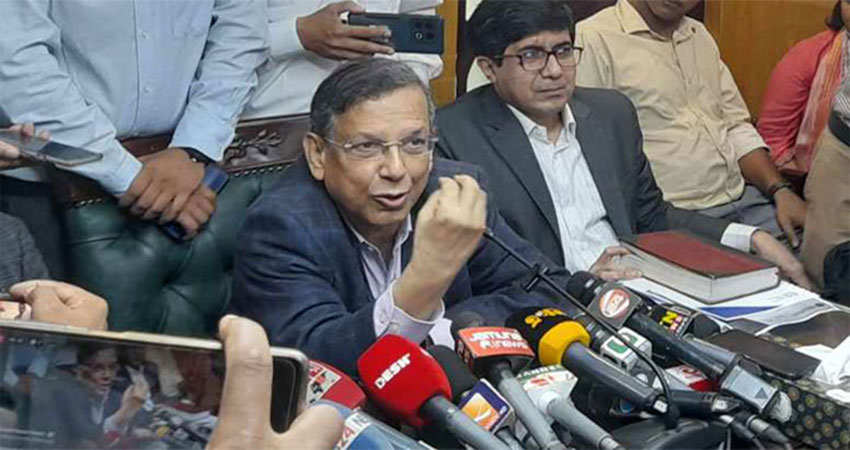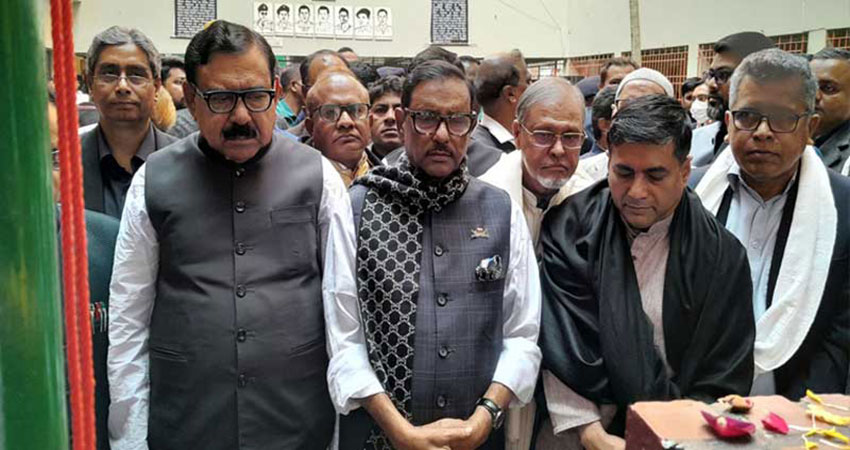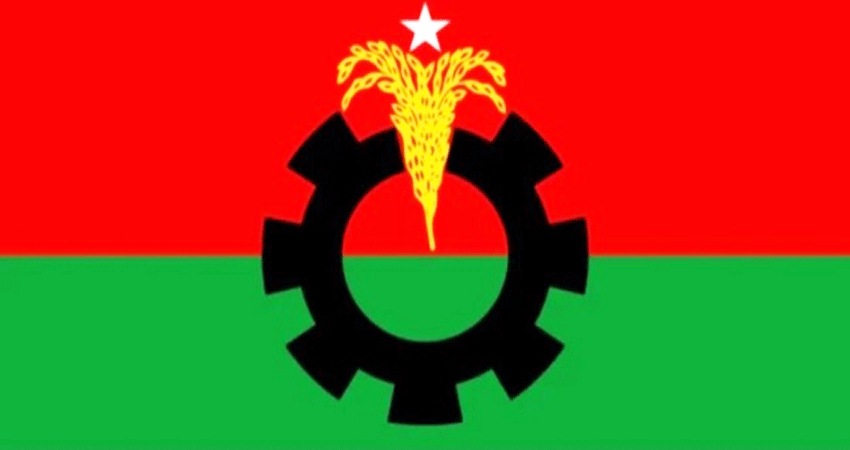As opposition BNP says it is determined to boycott the next national polls under the current Awami League government, it is framing almost the same old formula for a non-partisan caretaker government in the light of the revoked 13th amendment to the constitution.
But the constitutional experts say there are some legal barriers to restoring the caretaker government based on the 13th amendment as the Supreme Court declared it illegal. On the other hand, the ruling party has rejected the demand for restoring the system outright.
They, however, think bringing back the caretaker government or a polls-time government system by any name is possible only based on political consensus.
They also say the next election is also possible under a polls-time non-partisan government even without any prior constitutional amendment like the 1991 general election if only the major political parties can reach an understanding.
Political analysts are also hopeful about a consensus among the major political parties about an inclusive 12th parliamentary election as Prime Minister Sheikh Hasina on Thursday said her government wants all political parties to join the next polls.
But BNP is firm on its decision not to join the next polls unless there is a non-partisan government while the ruling party is determined to hold the polls following the constitution.
The first caretaker government was installed in Bangladesh in 1990 under then Chief Justice Shahabuddin Ahmed based on political understating without any prior constitutional amendment.
On March 26, 1996, BNP passed the 13th amendment to the constitution introducing the caretaker government system in the face of fierce movement by the Awami League.
But the caretaker government system was abolished through the 15th amendment in 2011 as the Supreme Court struck down the 13th amendment to the constitution as illegal.
On Thursday, BNP Secretary General Mirza Fakhrul Islam Alamgir said their party is preferring the caretaker government formula in accordance with article 58(B) (C) (D) that were included in the Constitution through the 13th amendment.
Eminent jurist Shahdeen Malik told UNB that a caretaker government based on the 13th amendment will not be lawful since the apex court declared it illegal.
“If even the constitution is amended based on the 13 amendment, anyone can file a case with the court challenging its legality that will ultimately create legal complications,” he said.
“But it is now a million-dollar question as to how the caretaker government system can be restored lawfully. It’s not impossible to find out a suitable solution if only the major political parties reach an understanding,” he observed.
Malik, also a constitutional expert, said Justice Shahabuddin could become the head of the caretaker government without any constitutional amendment as political parties had an understanding in 1990.
He also recalled the election of 1954 held in then East Pakistan where the United Front, led by Awami Muslim League, got a landslide victory by bagging 228 seats out of 309 ones. ”This election was held under the home ministry of the then Muslim League government as there was no Election Commission in place. So, everything is possible if there’s an agreement among the political parties in the greater interests of the nation.”
Dr Asif Nazrul, a law professor at the Dhaka University and a constitutional expert, said political issues can be solved in two ways--through political negotiation or through a mass movement.
“The caretaker government was established in 1990 following a mass movement and later BNP included it in the constitution, showing an attitude of compromise in the face of Awami League’s movement in 1996,” he said.
Dr Asif said there is scope for someone to challenge if the constitution is amended to reinstate the caretaker government. “But if there is political consensus, no problem will arise. So far no one has challenged how Justice Shahabuddin became the head of caretaker government beyond the constitution just because of political consensus.”
Meanwhile, Law Minister Anisul Huq said there is no scope to go back to the caretaker government system as the apex court of the country has declared the system illegal.
Many other ruling party leaders and ministers, including Road Transport and Bridges Minister Obaidul Quader, have long been saying that BNP’s dream of restoring the polls-time government will go in vain.

